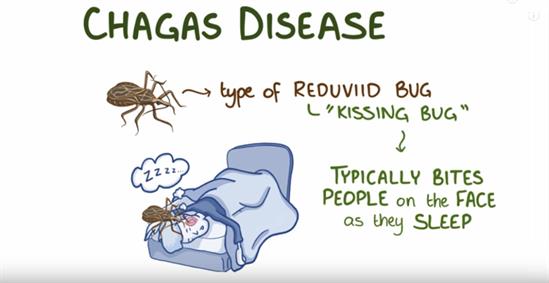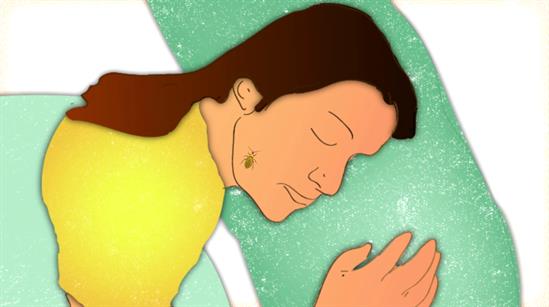Providing care to populations affected by Chagas disease
A proposed objective for the 2021-2030 Roadmap about healthcare access is the 75% antiparasitic treatment coverage of eligible cases.
Detection of cases and their follow-up are the two most important challenges to advance treatment coverage. On the other hand, WHO recognizes the key support of manufacturers with the donation of both antiparasitic treatments to facilitate access.
Main WHO recommendations here are the following:
- access to diagnosis and treatment of people with medical indication or recommendation to do antiparasitic treatment, especially children and women of child-bearing age before pregnancy;
- screening of newborns and other children of infected mothers without previous antiparasitic treatment to do early diagnosis and provide treatment.
Specific challenges WHO is working to address include:
- improving access to diagnosis and care for millions of affected people, including support in distributing antiparasitic medicines, which are to be offered to all infected people;
- harnessing technical cooperation on medical care with an emphasis on congenital Chagas disease.






